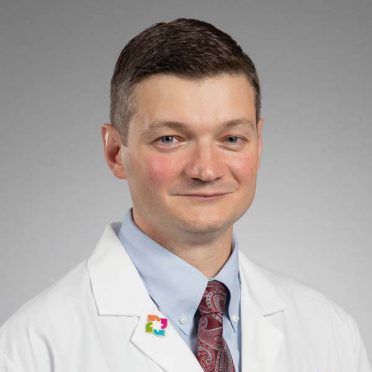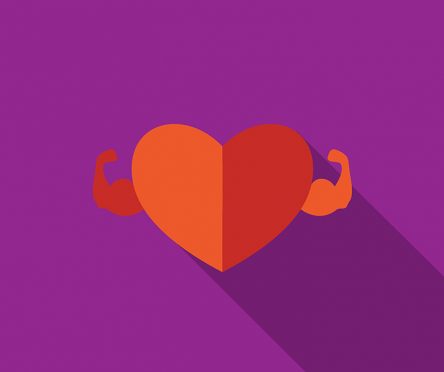Listen to your body. That’s advice you’ll hear from almost any doctor – especially a cardiologist when it comes to matters of the heart.
“If you are having any symptoms that indicate problems with your heart, don’t ignore them,” said Dr. Jason Cuomo, a cardiologist with the Heart & Vascular Institute at The Hospital of Central Connecticut.
The heart has a heavy lift when it comes to sustaining life. It’s responsible for pumping blood and carrying oxygen and nutrients to every organ and tissue in the body.
What is heart disease?
Heart disease is a term used for a long list of conditions that can affect your heart. Coronary artery disease (CAD) is one of the most common, according to Dr. Cuomo. The buildup of plaque can cause arteries to narrow and restrict blood flow to the heart.
“Chest pain is the classic complaint,” he said, “but in many patients with coronary artery disease there is no chest pain, but rather a feeling of pressure or tightness in the chest and shortness of breath that limits the ability to perform ordinary activities. If left untreated, these issues can lead to a heart attack. Anyone noticing these symptoms should make an appointment with a cardiologist so we can figure out what’s going on.”
What are risk factors for heart disease?
High blood pressure, high cholesterol and smoking are all considered risk factors for heart disease. According to the Centers for Disease Control and Prevention (CDC), roughly 47 percent of Americans have at least one of these risk factors. Other risk factors include family history of heart disease or heart attack, obesity and diabetes.
What type of testing is used to diagnose issues with the heart?
“The first test we often perform is a basic electrocardiogram (ECG) test,” said Dr. Cuomo, “which is also known as a stress test. We look to see if the heart is being starved of blood or oxygen during exercise. For patients who cannot walk on a treadmill, we can give a medicine that mimics exercise, paired with an ultrasound of the heart or nuclear medicine imaging. This gives us a snapshot of the inner workings of your heart to help us pinpoint any narrowing or blockages that could possibly lead to a heart attack.”
Can heart disease be reversed?
According to Dr. Cuomo, timing is important. The earlier you diagnose an issue, the better the outcome will be.
“We can get an idea of the presence of plaque before it causes a problem and we can often stop it from progressing with the help of medications,” he said.
How can I minimize my risk of heart disease?
“Quitting smoking is important in helping to reduce the risk of cardiovascular issues,” said Dr. Cuomo. “Exercise is also extremely important. The American Heart Association recommends that adults should get 150 minutes of exercise a week.”
What are the symptoms of a heart attack?
Symptoms will vary for men and women, and it’s important to recognize both. Men can experience chest pressure, pain in the jaw, neck or back, nausea or shortness of breath. Women may also experience these symptoms, but additional symptoms for females include: indigestion, extreme fatigue, fainting, pain in lower chest or upper abdomen.



